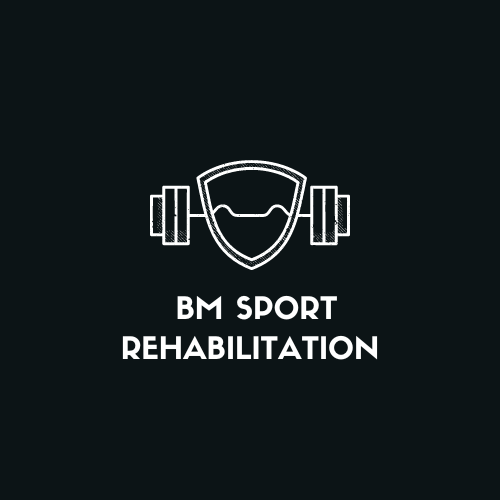Injury Prevention
Running is a fantastic way to stay fit, clear your mind, and challenge your limits. Whether you are a seasoned runner or just lacing up your running shoes for the first time, injury prevention should be a top priority. Here’s our top tip guide to help you run smart and avoid common injuries.
1. Warm-Up and Cool Down Properly
Before you hit the route, ensure your body is adequately prepared. A proper warm-up increases blood flow to your muscles and reduces the risk of injury. Spend 5-10 minutes doing a dynamic warm up that includes increasing heart rate, dynamic stretches like leg swings, high knees, and butt kicks. Post-run, take the time to cool down with gentle stretching to improve flexibility and reduce muscle stiffness.
2. Follow a Training Plan
Sudden increases in distance or intensity can lead to overuse injuries. Follow a structured training plan that gradually builds mileage and incorporates rest days. Programs like the Couch to 5K are excellent for beginners, while more advanced runners might follow plans that include speed work, long runs, and recovery runs.
3. Incorporate Strength Training
Strong muscles support your joints and improve overall running efficiency. Incorporate strength training exercises, especially focusing on the core, hips, and legs. Exercises like squats, lunges, planks, and leg lifts can help prevent injuries by enhancing stability and strength.
4. Listen to Your Body
Pay attention to any aches and pains. Persistent pain is your body’s way of telling you something is wrong. Don’t ignore it. Rest, cross-train, and seek medical advice if necessary. Early intervention can prevent minor issues from becoming major injuries.
5. Stay Hydrated and Eat Well
Proper nutrition and hydration are crucial for maintaining energy levels and muscle function. Drink water regularly, and consider sports drinks for longer runs to replenish electrolytes. Eat a balanced diet rich in carbohydrates, proteins, and healthy fats to fuel your runs and aid recovery.
6. Cross-Train
Incorporate other forms of exercise into your routine to balance muscle development and reduce the risk of overuse injuries. Swimming, cycling, and yoga are excellent cross-training activities that can improve cardiovascular fitness and flexibility without the impact of running.
7. Get Enough Rest
Rest and recovery are as important as your training. Aim for 7-9 hours of sleep per night to allow your body to repair and strengthen itself. Schedule rest days and listen to your body—sometimes, an extra day off can prevent weeks of downtime due to injury.
8. Stay Educated
Stay informed about running techniques and injury prevention. Join a running group, follow reputable running blogs, or consult with a coach or physical therapist to learn more about maintaining a healthy running practice.
By following these tips, you can enjoy the many benefits of running while minimizing your risk of injury. Remember, prevention is always better than cure, and a smart runner is a happy runner. So, lace up, warm up, and hit the road with confidence and care. Happy running!
